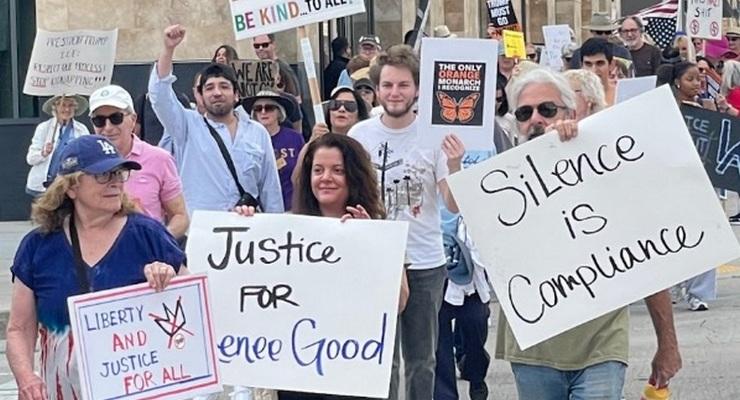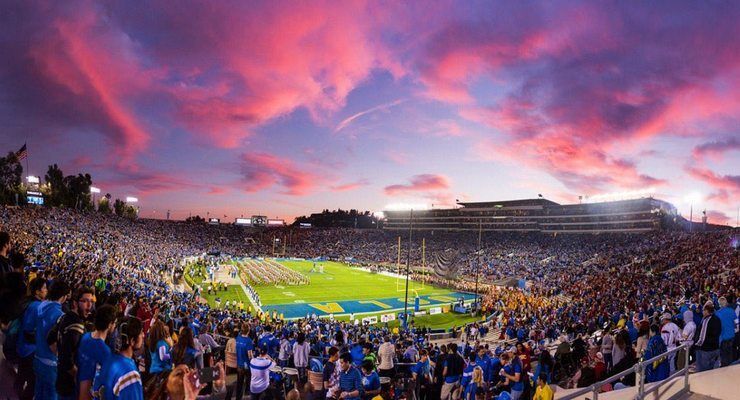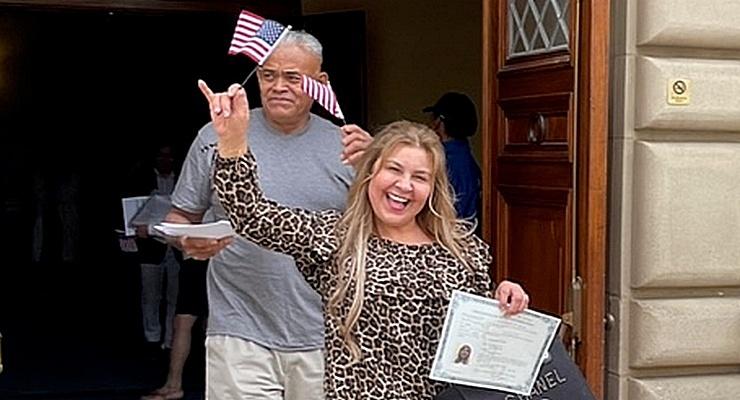 The president of The Huntington Library, Art Collections, and Botanical Gardens, Steven S. Koblik—largely credited with transforming the institution into a dynamic and thriving intellectual and cultural center with a focus on impact and outreach—has announced his retirement, effective June 30, 2015.
The president of The Huntington Library, Art Collections, and Botanical Gardens, Steven S. Koblik—largely credited with transforming the institution into a dynamic and thriving intellectual and cultural center with a focus on impact and outreach—has announced his retirement, effective June 30, 2015.
“Steve’s visionary insights and tireless efforts, along with the spectacular team he has assembled, have significantly strengthened The Huntington and have propelled it to unprecedented levels of national and international stature in all of its endeavors,†said Stewart Smith, chair of The Huntington’s five-member board of trustees. “His leadership has been so masterful, it’s hard to envision the institution without him. The board, and The Huntington community more generally, owe him a tremendous debt of gratitude. What an amazingly successful run.â€
Koblik, 72, assumed the presidency of The Huntington in September 2001 following nine years as president of Reed College in Oregon. At The Huntington, he inherited an institution in the early stages of a renaissance period following many years of fiscal instability; he was brought in, Smith says, to further strengthen The Huntington financially.
“The institution had really been struggling,†said Smith. “Steve was brought in to follow then-president Bob Skotheim’s good work in trying to put it on better financial footing. In some sense, Bob teed the ball up for Steve, and then Steve swung, and strategically and brilliantly hit a hole in one. It’s rare, extremely rare, that you see something this seamless happen in a leadership transition. For all these years, I’ve been in awe of him, his team, and the institution’s many accomplishments. It’s a model for nonprofit growth and sustainability.â€
The Huntington raised some $700 million under Koblik, and the endowment grew from $153 million in 2001 to $450 million by December 2013. In 2010, The Huntington received more than $100 million from the Frances L. Brody estate, the largest single gift to the institution since its founding by Henry E. Huntington in 1919. And last year, Charles Munger gave more than $30 million toward the new Education and Visitor Center, currently under construction and the most ambitious project Koblik has undertaken to date. (The project, scheduled to open in spring 2015, will cost approximately $75 million, nearly all of which has been raised.) “This level of fundraising is testimony to the degree to which people have placed their trust in Steve,†said Smith. “They see and agree with his vision—that this institution is remarkable, has great momentum, and is entirely worth supporting.â€
And programmatic expansion has been substantial under Koblik’s leadership: K-12 educational programs continue to grow as the institution establishes partnerships with schools and school districts, focused in large part on helping teachers adapt to the new Common Core curriculum. The research program has also grown, and collaborations with other institutions of higher learning—USC and Caltech among them—continue to bear fruit. Two highly successful institutes, the USC-Huntington Early Modern Studies Institute and the Huntington-USC Institute on California and the West, are providing enormous opportunities for faculty and students. The exhibitions program, too, has grown dramatically, with The Huntington producing a regular slate of temporary shows on historical, art, and botanical topics, many to critical acclaim. All the while, the collections have continued to grow, marked by several major milestones: the Dibner family of Connecticut gave 67,000 volumes of rare books and manuscripts on the history of science to The Huntington in 2006, making it one of the world’s most important research libraries in that field; The Huntington also was the recipient in 2010 of an extremely valuable collection of rare orchids by the late Robert Weltz; and several high-profile art acquisitions during Koblik’s tenure have included works by Joshua Reynolds, Frank Lloyd Wright, Robert Rauschenberg, Andy Warhol, and Thomas Hart Benton.
Koblik has been the driving force behind major progress on the Huntington property, including the renovation of the Huntington Art Gallery (once the Beaux Arts mansion in which Henry and Arabella Huntington resided), the building of the Chinese Garden, the renovation of the Japanese Garden, and the expansion of the American art galleries. Koblik also undertook to upgrade the intellectual centerpiece of The Huntington: the historic Library building. When he arrived, he found a building in dire need of refurbishment; each night before leaving, staff shut off the electricity, fearful of a fire given the old wiring in place. Koblik systematically took up the challenge and in short order raised the funds necessary to update the infrastructure as well as office and exhibition space. The Library’s renovated Main Exhibition Hall, the capstone to the project, opened to high critical praise last November.
In a Los Angeles Times profile, Kevin Starr, USC history professor and former California state librarian, said Koblik has guided “a wonderful evolution of the Huntington in broader vistas” as well as “an intensification of its scholarship.”
He has done this by carefully cultivating relationships and bringing people together, says Smith.
When the 2008 recession struck, most museums and cultural institutions struggled; some even closed their doors. “The Huntington did some difficult belt-tightening but nothing that was even close to catastrophic,†says CFO Alison Sowden. The staff took reductions in salary, but, she added, “after Steve explained in an all-staff meeting how we were going to get through this, the staff stood up and applauded—a standing ovation. And as soon as we possibly could turn things around for staff, we did,†she added. “Steve’s a solid humanitarian and a very compassionate leader. He looked for ways to ease the pain as best he could, and he did. I’ve never worked for a president more caring or concerned for staff. It’s been a remarkable experience on that front. He makes us all better as coworkers.â€
Koblik will work with the Huntington’s board of trustees as it organizes the search process to find a suitable successor.


















